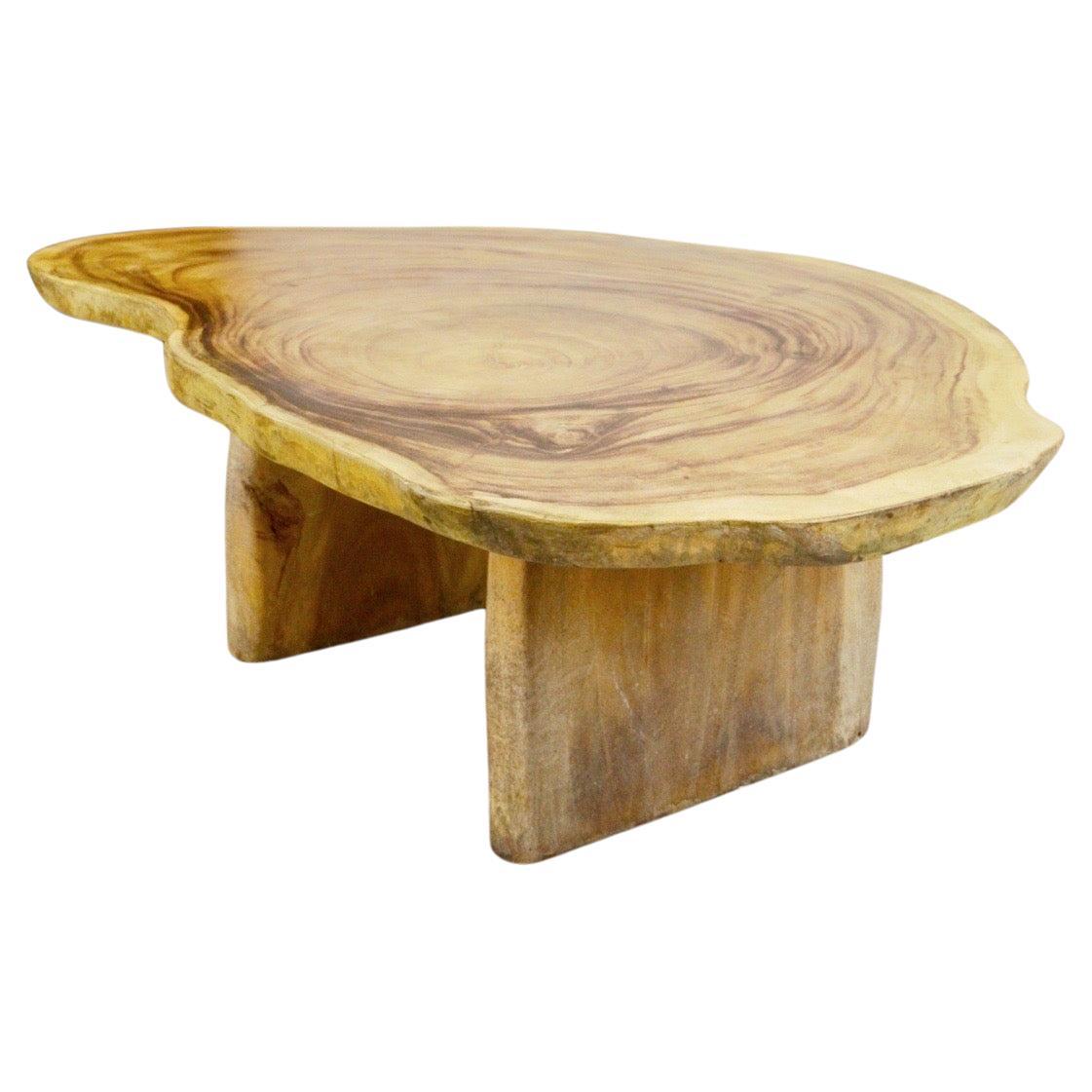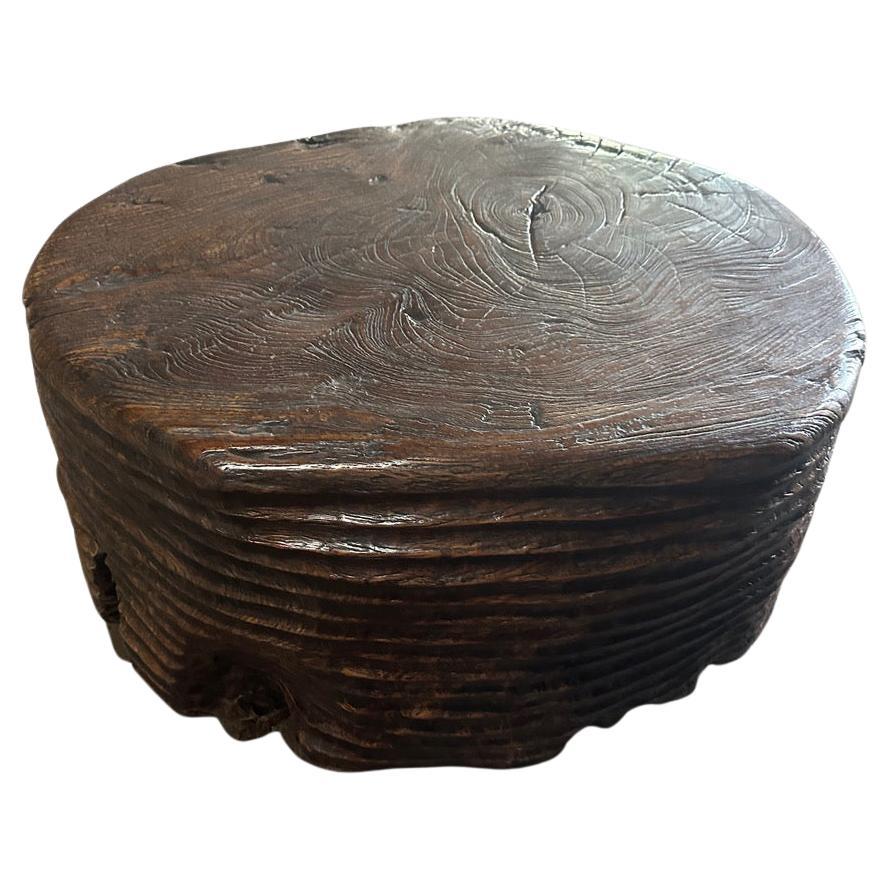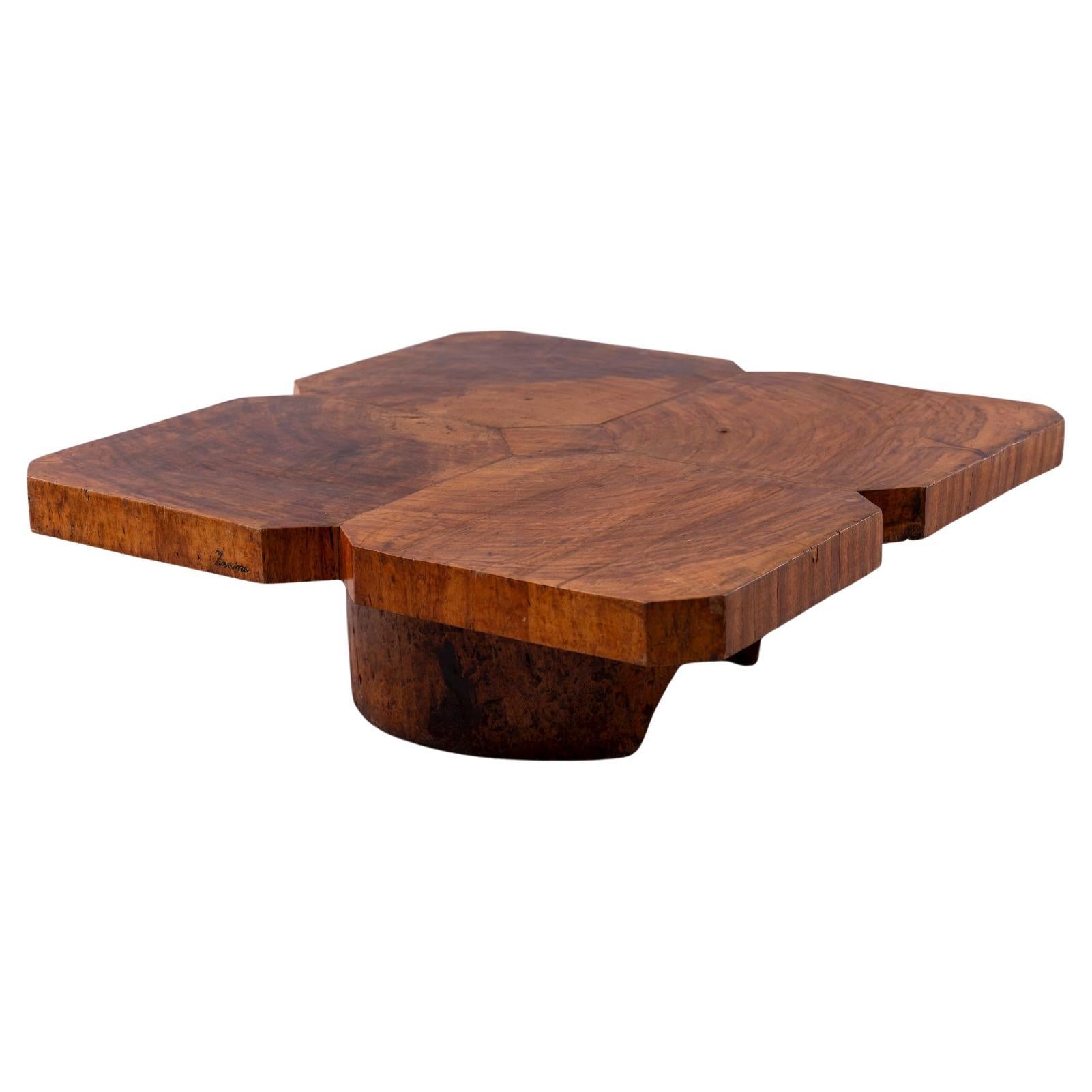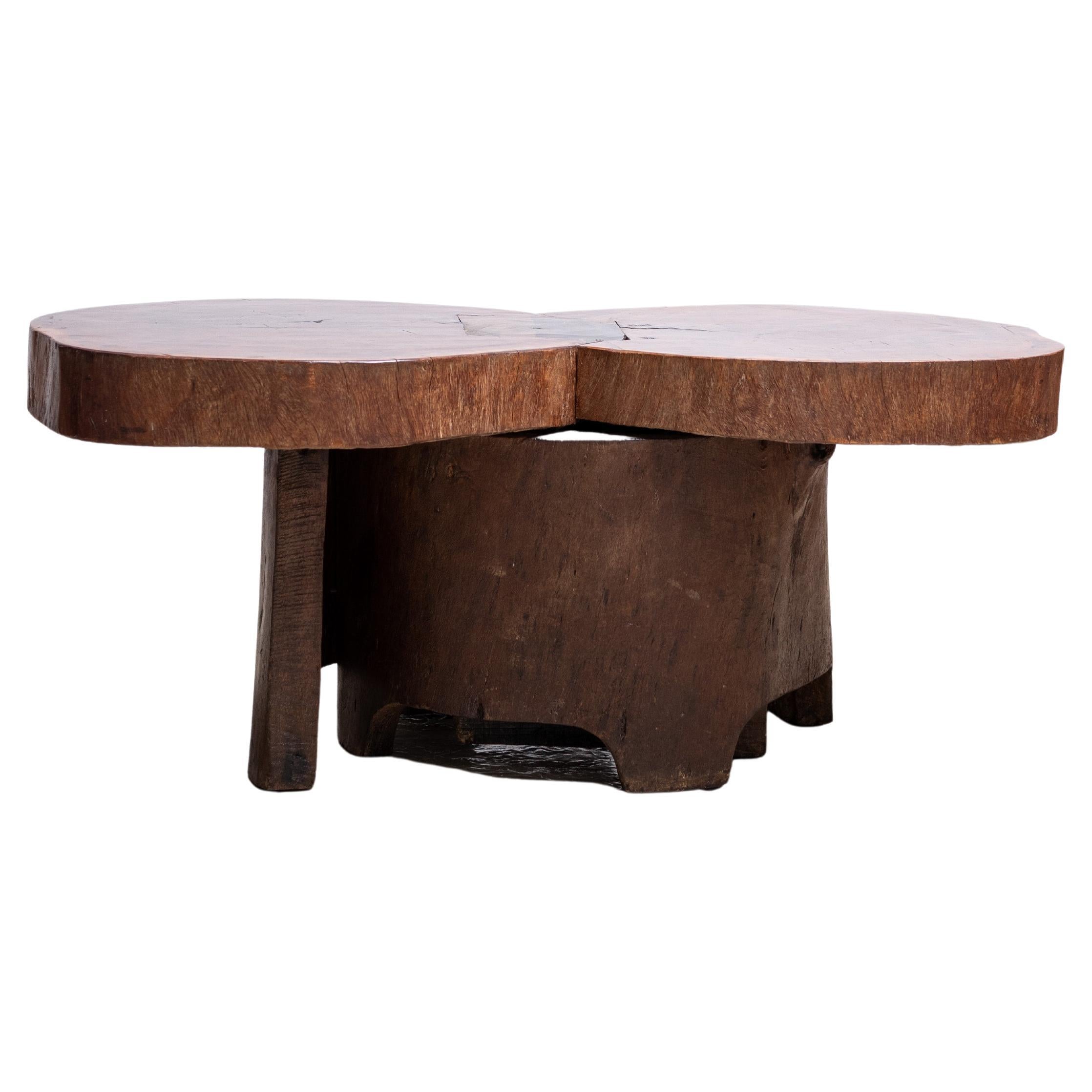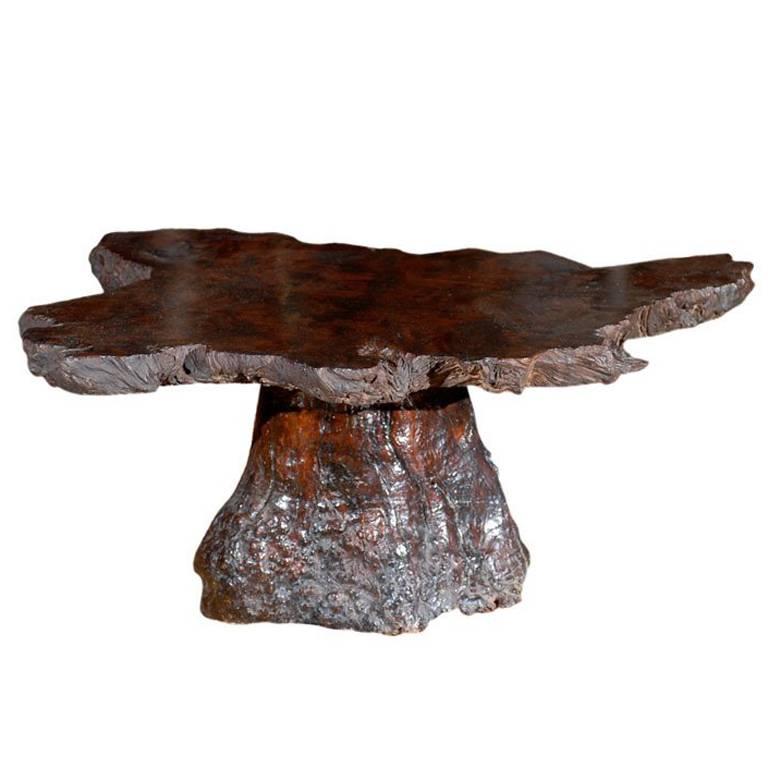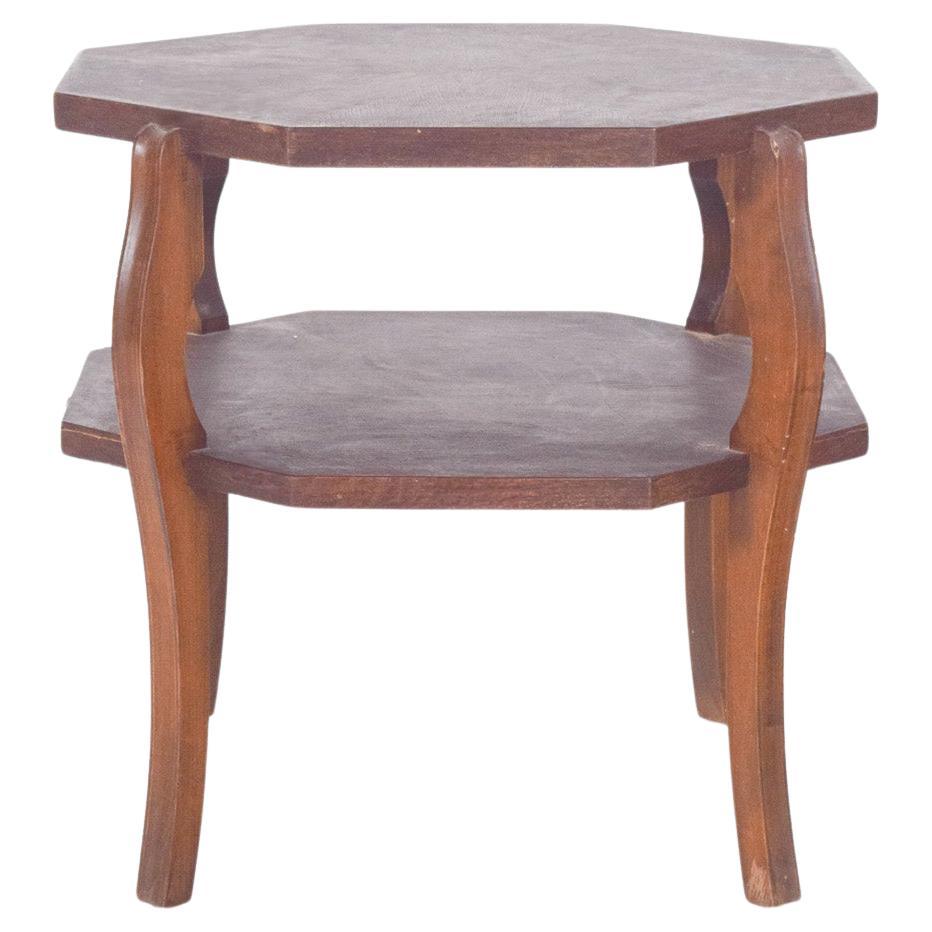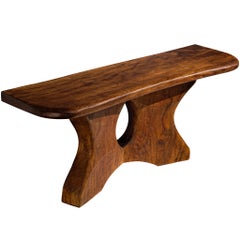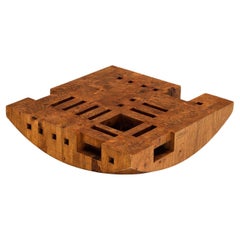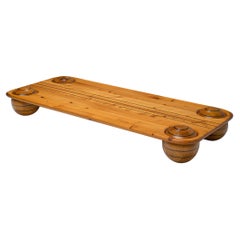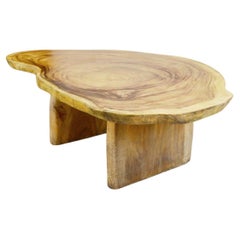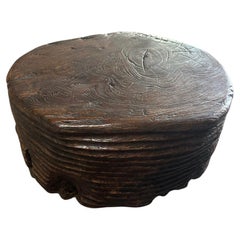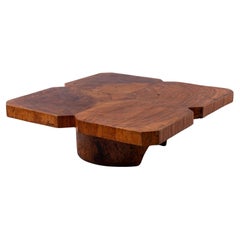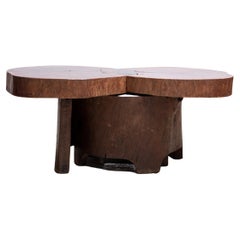José Zanine Caldas Hand-Carved Coffee Table in Brazilian Hardwood
About the Item
- Creator:José Zanine Caldas (Designer)
- Dimensions:Height: 15.56 in (39.5 cm)Width: 37.8 in (96 cm)Depth: 30.32 in (77 cm)
- Materials and Techniques:
- Place of Origin:
- Period:
- Date of Manufacture:1970s
- Condition:Wear consistent with age and use. Every item Morentz offers is checked by our team of 30 craftspeople in our in-house workshop. Special restoration or reupholstery requests can be done. Check ‘About the item’ or ask our design specialists for detailed information on the condition.
- Seller Location:Waalwijk, NL
- Reference Number:Seller: 501134501stDibs: LU933144042432
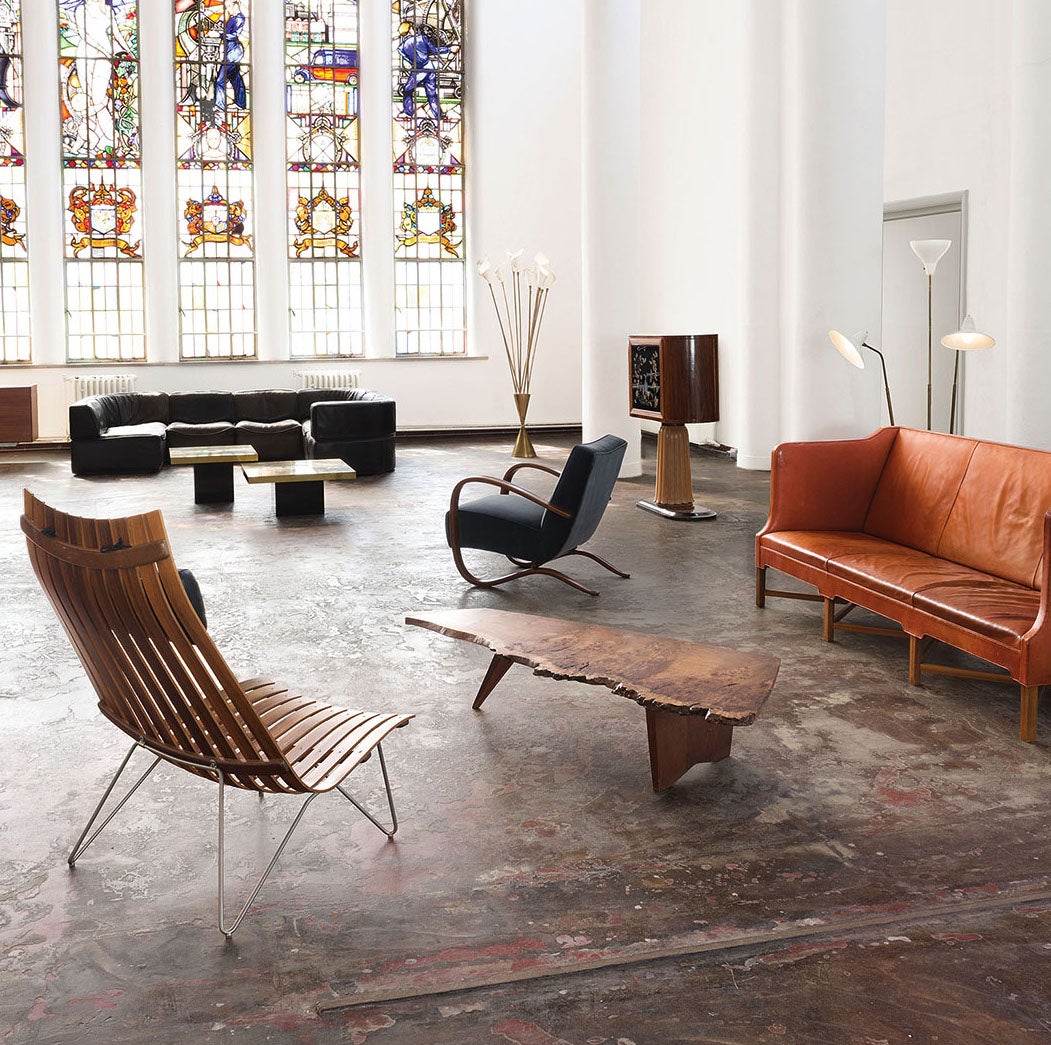
Established in 2006, Morentz has a team of approximately 55 restorers, upholsterers, interior advisers and art historians, making it a gallery, workshop and upholstery studio, all in one. Every day, a carefully selected array of 20th-century furniture arrives from all over the world at the firm’s warehouse, where the team thoroughly examines each piece to determine what, if any, work needs to be done. Whether that means new upholstery or a complete restoration, Morentz's aim is always to honor the designer’s intention while fulfilling the wishes of the client. The team is up to any challenge, from restoring a single piece to its original glory to furnishing a large-scale hotel project.
- ShippingRetrieving quote...Shipping from: Waalwijk, Netherlands
- Return Policy
More From This Seller
View AllVintage 1980s Brazilian Mid-Century Modern Console Tables
Hardwood
Vintage 1970s Italian Post-Modern Coffee and Cocktail Tables
Pine
Vintage 1970s Italian Post-Modern Coffee and Cocktail Tables
Pine
Vintage 1950s Mid-Century Modern Dining Room Tables
Oak
Vintage 1970s Brazilian Mid-Century Modern Lounge Chairs
Hardwood
Vintage 1960s European Brutalist Dining Room Tables
Maple
You May Also Like
Vintage 1970s French French Provincial Coffee and Cocktail Tables
Wood
2010s Organic Modern Coffee and Cocktail Tables
Wood, Teak, Reclaimed Wood
Vintage 1970s Brazilian Coffee and Cocktail Tables
Hardwood
Vintage 1970s Brazilian Coffee and Cocktail Tables
Wood
Early 20th Century American Coffee and Cocktail Tables
Cypress
Vintage 1930s Portuguese Rustic Coffee and Cocktail Tables
Oak
